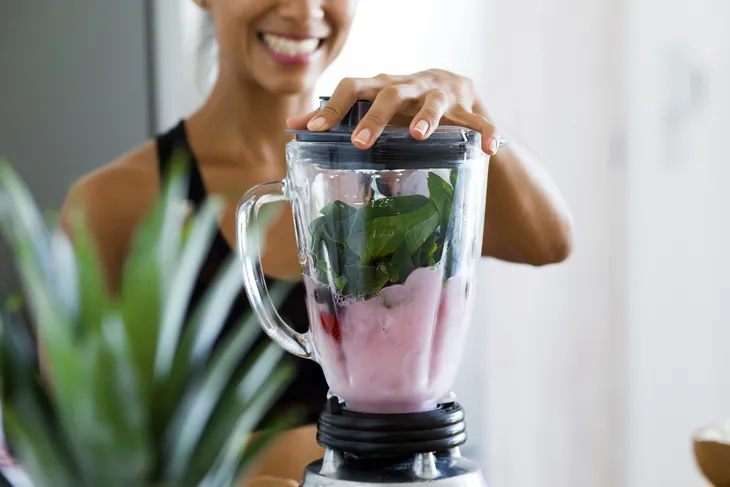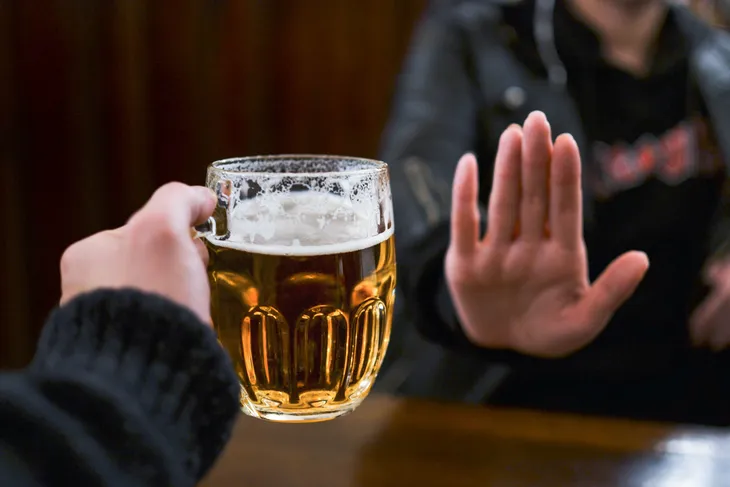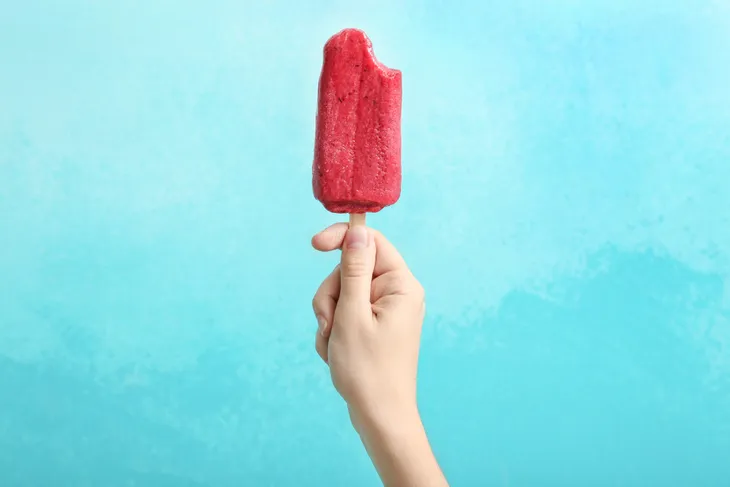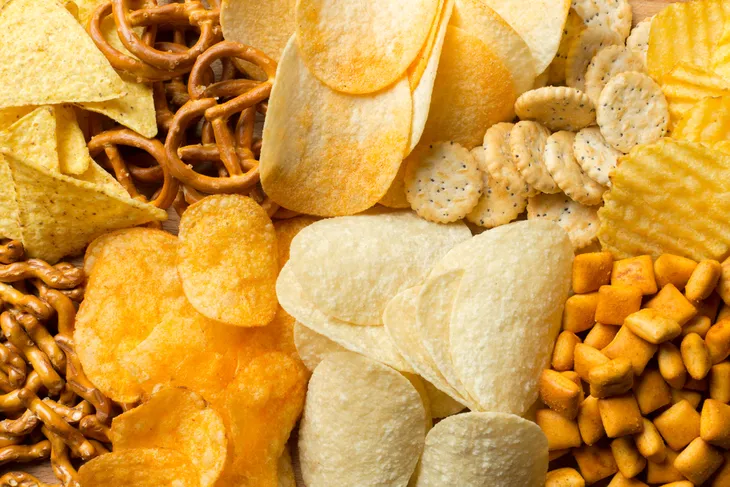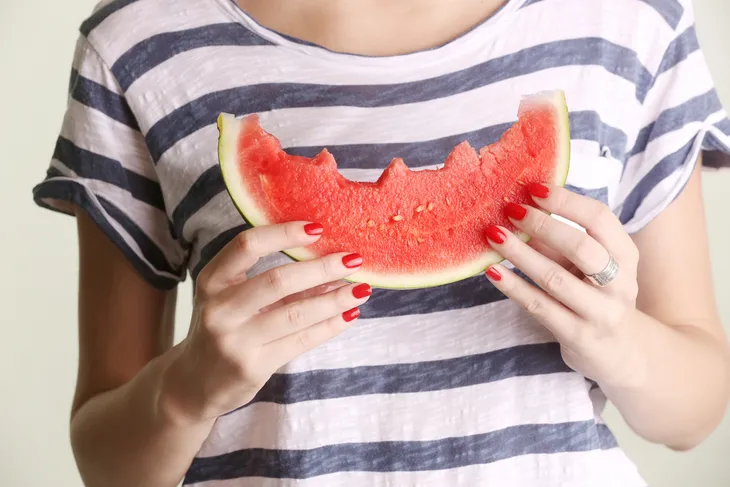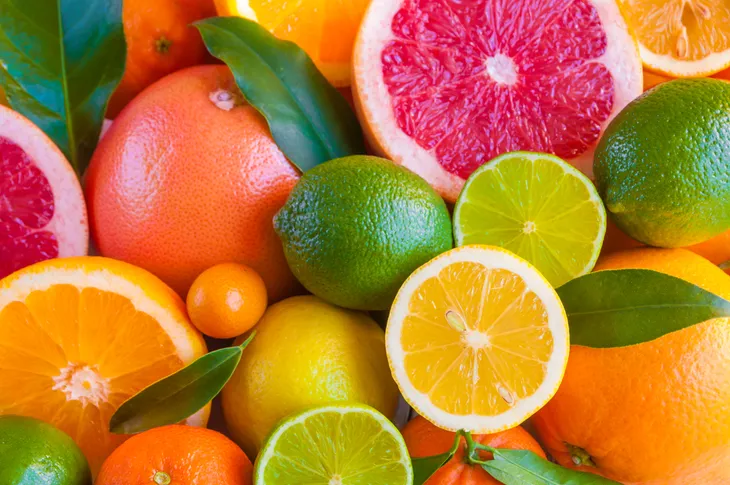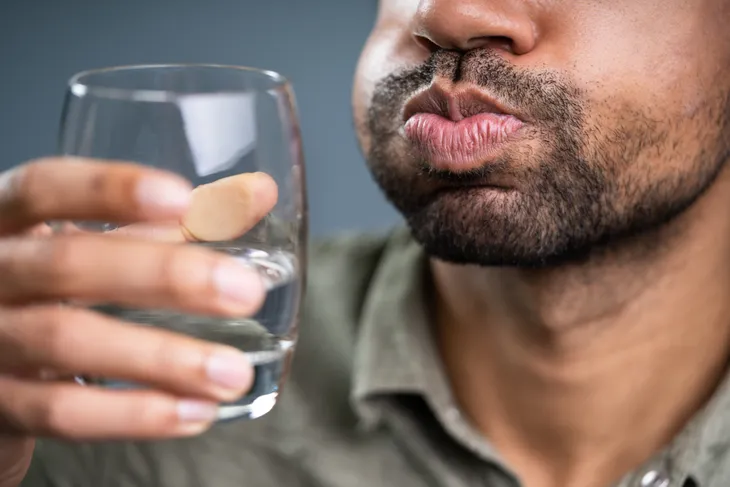You’ve had them before, and you’ll no doubt experience them again. But your past experiences don’t make canker sores any easier to deal with. They’re always a pain, and they’ll always cause you pain.
That said, there are steps that you can take, and a few to avoid, that can help minimize pain and aid recovery. Today, we’re going to look at the various types of food and drinks that you should eat, and some that you should avoid when suffering from a canker sore.
What Is a Canker Sore?
Canker sores usually present as small, oval-shaped lesions that can develop on the soft tissue in your mouth, or at the base of your gums. No, they aren’t contagious, but that doesn’t help you much. They are painful, especially if located in a particularly troublesome spot.
In medical circles, canker sores are called aphthous ulcers. They’re usually fairly small and heal on their own (without scarring) in 1 to 2-weeks. But canker sores can be problematic. If the canker sores appearing in your mouth are unusually large, extend to the lips, or last longer than a few weeks, you should seek immediate medical care. Now that we understand what they are, let’s take a look at the foods and drinks you should eat and avoid!
Eat: Soft Foods
Most canker sores will heal up with time and a little bit of patience. Having said that, there are steps that you can take to make it easier to manage your symptoms. Altering your diet during your canker sore’s two-week recovery period can certainly help.
One commonly recommended dietary change involves eating more soft foods. Warm (but not hot) soup, cooked cereals with extra water or milk, yogurt, pudding, mashed potatoes, pasta, canned fruit, and casseroles are much easier to eat, and won’t exacerbate the symptoms of canker sores.
Avoid: Caffeine
There are grocery items that you should avoid if you’re hoping to heal fast and reduce your painful symptoms. It hurts to say it, but if you’d like to be rid of your canker sores ASAP, you’ll probably need to ditch the caffeine.
It’s important to remember caffeine is in more than just coffee! That means no coffee, tea, or chocolate for the week or so that you’re in recovery.
Eat: Blended Foods
Your blender is your friend. Smoothies, soups, milkshakes, and the like offer canker sore sufferers much-needed relief from chewing and swallowing.
Blending foods is also a great way to ensure that you’re still giving your body all the nutrients it needs while also side-stepping some of the more painful symptoms of canker sores. So, if you have a canker sore, and a blender, lean on it to make your two-week recovery period that much easier to navigate.
Avoid: Alcohol
Though the outright cause of canker sores is still relatively unknown, most doctors and health-conscious blogs recommend limiting alcohol intake. One study claims that alcohol kills the good bacteria in our mouths and allows the bad bacteria to run rampant.
Consuming alcohol can also decrease the flow of saliva in the mouth, drying it out. This dryness not only hampers recovery but can also increase an individual’s risk of developing canker sores in the future. So, your best bet is to just avoid alcohol consumption altogether, particularly if you already have a canker sore.
Eat: Cold Foods
Frozen fruit, ice-based smoothies, ice cream, and popsicles can help soothe symptoms of canker sores too, provided the frozen foodstuffs aren’t exceptionally acidic.
Though the relief brought about by cold or frozen food is only temporary, it’s still a welcome one, and encouraged by most medical professionals.
Avoid: Spicy or Salty Foods
It can sometimes be hard to avoid irritating a canker sore. Your mouth is just so sensitive sometimes. But avoiding pantry items that cause additional irritation is certainly doable.
As devastating as it may be, give your mouth a 2-week vacation from irritating snacks and toppings to heal properly. But don’t take our word for it. Try eating hot sauce, fries, spicy curry, or extra salty potato chips next time a canker sore appears. We promise it’s an experiment that you’ll only ever try once.
Eat: Water-Rich Fruits
Increasing your intake of liquids is recommended. A dry mouth will no doubt increase discomfort. But there’s more to soothing and hydration than water. Peaches, watermelon, nectarines, and any other water-rich fruit will also help soothe your sores and help keep you hydrated.
When choosing a piece of fruit, it’s best to stay away from berries with small seeds and fruits that contain a lot of acids. But we’ll get to that in a second.
Avoid: Acidic Foods
You’ll want to add acidic foods to the canker sore do-not-eat list. It’s best to avoid tomatoes, citrus fruits, and juices for as long as it takes your canker sore to heal.
Acid-rich foods will cause discomfort, stinging sensations, and inflammation of the afflicted area. But don’t worry too much. If you follow our sage advice, you’ll be back to sipping lemonade in no time!
At-Home Remedies for Canker Sores
Along with eating the right foods and avoiding the ones that can cause more irritation, there are also a variety of effective home remedies you can try to get some relief. A saltwater gargle (1/4-teaspoon of salt in 1-cup of warm water) may help reduce the pain and encourage healing.
Healthline also says applying small amounts of milk of magnesia, or honey to your canker sore may also help relieve pain.
Prevention
We mentioned it earlier, but it bears repeating. There is no outright cure for canker sores, and their causes elude modern medicine, though most doctors can agree on a few preventative measures.
Maintaining a proper oral hygiene routine, avoiding irritating foods, and quitting smoking are at the top of the list. Further, some canker sores are triggered by stress so be sure to manage your stress. Some easy tips include following a regular sleep schedule, exercising, meditating, and reaching out for help when you need it.
When to See a Doctor
It’s also important to reiterate the importance of seeking professional medical advice. If your sores are spreading or last longer than 3-weeks, or if you’re having difficulty drinking water, you should reach out to a doctor right away.
Canker sores are rarely serious but leaving them untreated for weeks may cause more serious complications like a bacterial skin infection. If eating the right foods and your home treatments aren’t working or if you’re in unbearable pain, book an appointment with your doctor.




